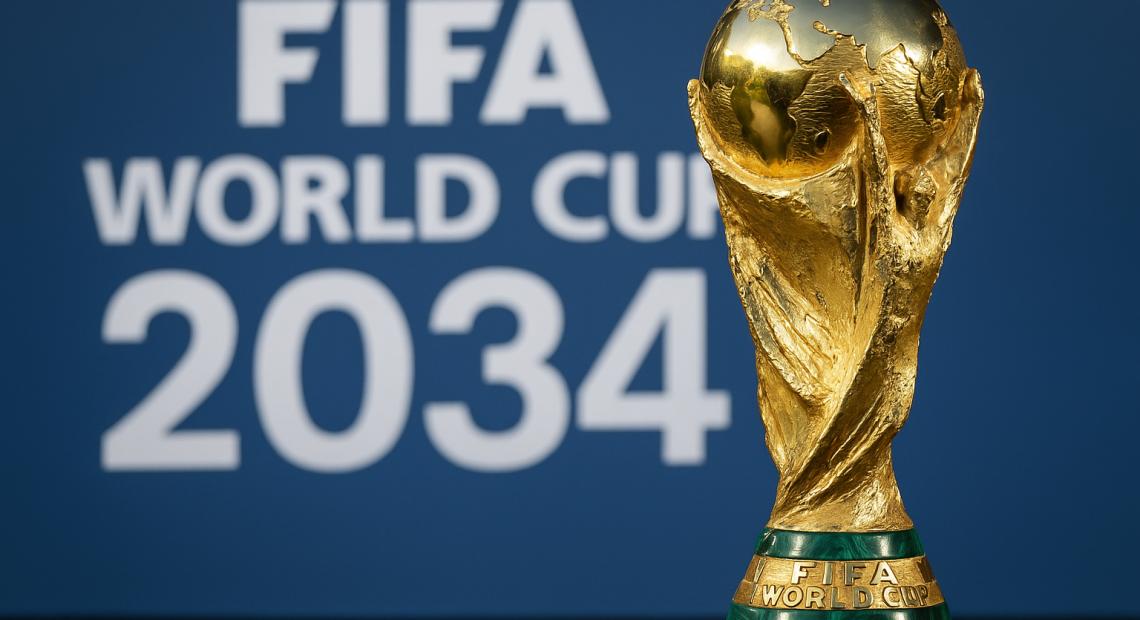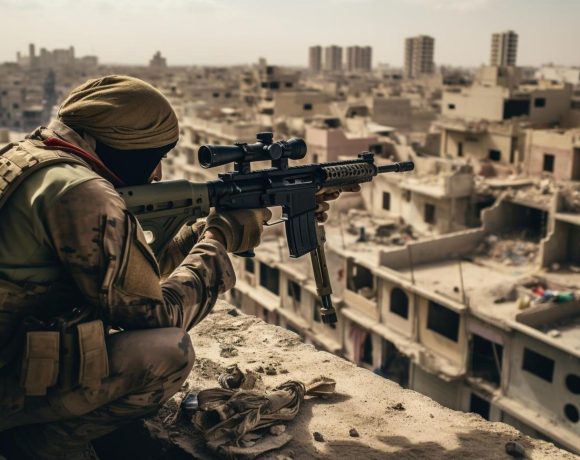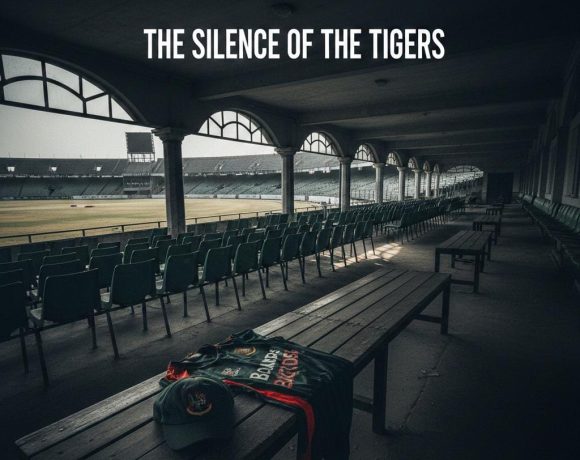
Saudi Arabia to Ease Alcohol Ban Ahead of FIFA 2034
In a landmark move signaling a departure from its decades-old prohibition, Saudi Arabia has announced plans to introduce limited alcohol sales at designated tourist hubs by 2026. This change marks a pivotal shift in the kingdom’s conservative social policies and aligns with its broader Vision 2030 reforms and its preparations to host the FIFA World Cup in 2034.
Vision 2030 Reforms
As part of Crown Prince Mohammed bin Salman’s transformative Vision 2030 strategy, Saudi Arabia has been rolling out a series of reforms to diversify its economy and attract global tourism. The plan to introduce alcohol sales at select locations, such as luxury resorts, premium hotels, and exclusive areas like NEOM and the Red Sea zone, is aimed at creating a more visitor-friendly environment for international tourists.
The beverages permitted will reportedly include beer, wine, and cider, but not spirits with more than 20 percent alcohol content. These offerings will be restricted to licensed venues staffed by trained professionals, and strictly prohibited for resale or public consumption outside designated areas.
FIFA World Cup 2034 Preparations
With the kingdom preparing to welcome fans from across the globe for the 2034 FIFA World Cup, this policy change is seen as a pragmatic move to align Saudi Arabia’s hospitality with international expectations. Officials are expected to grant licenses to around 600 tourist facilities by 2026, a year before Expo 2030 and well ahead of the World Cup.
Despite the alcohol rollout, Saudi Arabia maintains that its cultural and religious values will remain intact. Any misuse, unauthorized possession, or public intoxication will continue to attract serious penalties, including fines and imprisonment.
Cultural Balancing Act
While the new policy marks a progressive turn, the government is treading cautiously to avoid backlash from conservative sections of society. Officials emphasize that the move is not about liberalizing Saudi society entirely but about accommodating international norms within a tightly controlled framework.
“Saudi Arabia is not going to become a party hub. The sale and consumption of alcohol will be allowed in a way that respects the Kingdom’s customs and Islamic values,” clarified a senior official.
The balancing act between modernization and tradition continues to define the Kingdom’s reform journey. As global eyes turn toward Saudi Arabia for the Expo and the World Cup, the limited alcohol policy is poised to become a litmus test for how far the Kingdom can open up while holding firm to its cultural roots.


















